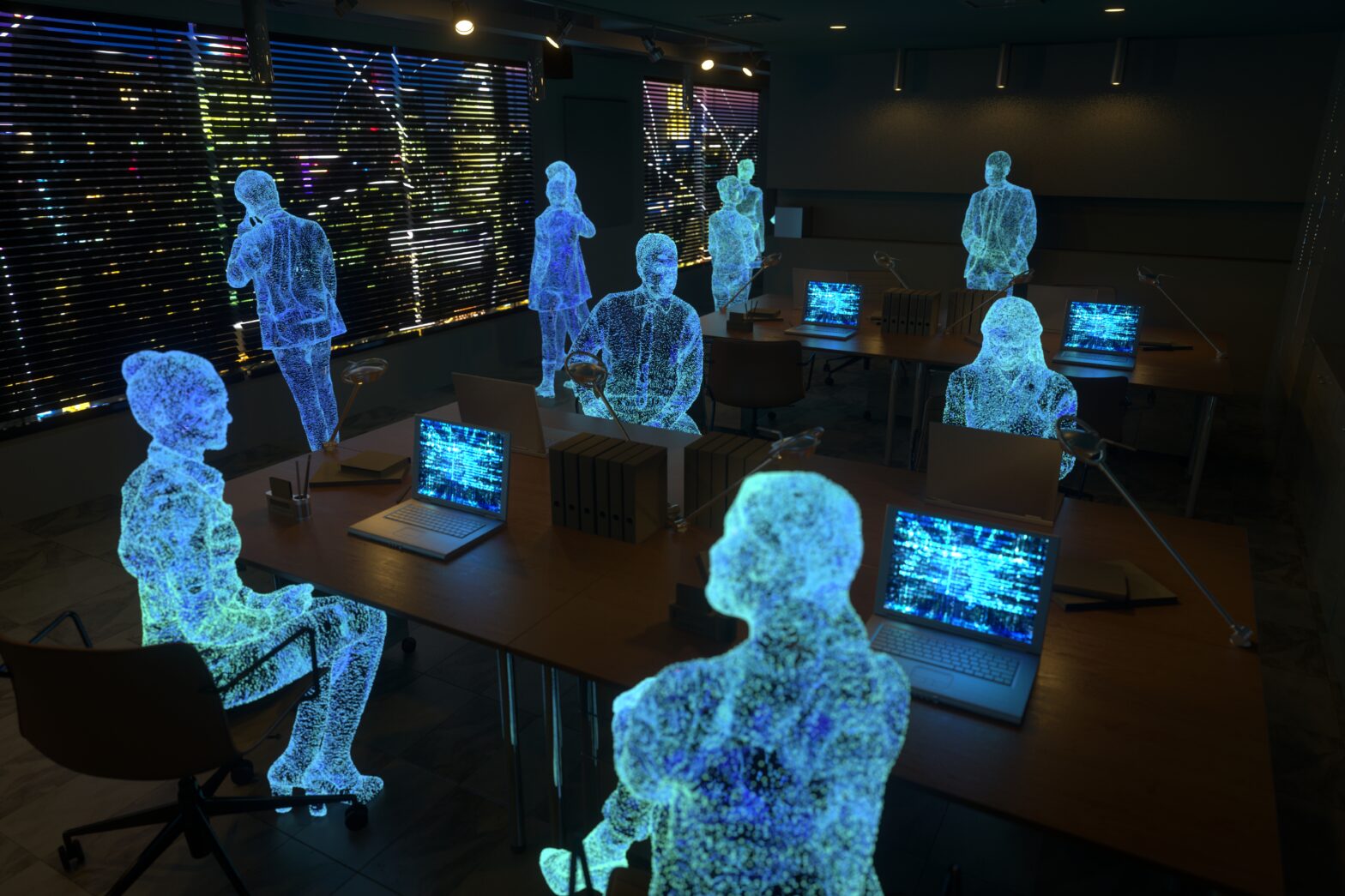With the global market predicted to be worth approximately $133 billion by 2021, growing from just over $3 billion in 2015, augmented reality (AR) is undoubtedly one of the most exciting technological innovations around.
The technology, which layers digital elements on top of physical, real-world environments, has already made serious waves in the consumer world – most notably in the gaming and entertainment industries – but it is also changing the way we do business.
>See also: AR in the industrial environment: the benefits and challenges
From enabling remote collaboration, to showcasing products and aiding the maintenance of machinery, innovative organisations are starting to embrace AR after realising the benefits it offers to both employees and customers.
And, although it is still relatively early days, there are three particular industries that we believe are perfectly placed to be completely transformed by this revolutionary technology over the coming years.
Travel – The world at your fingertips
As the world continues to become more digital and mobile-centric, consumers are demanding access to the latest technologies in virtually all walks of life. Travel is no exception, with 48% of UK travellers saying they want to use interactive tech such as AR to review holiday destinations before they book.
In response, a greater number of travel firms have started to implement technology solutions to improve the customer experience and try to differentiate themselves from their competitors.
Arguably the most obvious use case of AR in travel is for marketing purposes. The technology allows airlines and hotels to show off their facilities and services to travellers in advance, greatly enhancing customers’ experiences before they have even booked anything.
>See also: AR in the industrial environment: the benefits and challenges
In 2016, tour operator Thomas Cook realised the value of such services and launched an AR app that provides a digital research tool for its own-brand hotels, allowing customers to watch video content and experience interactive tours from their mobile device.
But it’s not just pre-holiday that AR is having an impact. It’s also improving the lives of travellers while they are on their trips.
For example, there are several apps that use the cameras on smartphones and tablets to overlay nearby restaurants, attractions and other points on interest on top of a real-world view, thereby helping visitors explore and experience local cultures. And last year we worked with Heathrow Airport to create an enhanced customer experience for families travelling through the terminals via an AR app – Around the World with Mr. Adventure.
So, progress is certainly being made, but the travel industry is only scratching the surface when it comes to the potential uses of mobile technology. The best is definitely yet to come.
Healthcare – Getting the AR treatment
Multiple facets of healthcare have become more technologically-driven over the last few years, with major companies such as Google, Apple and Microsoft all signalling their intent in the industry with some significant investments.
From an AR perspective, the range of pioneering solutions currently being developed have the potential to be truly transformational for doctors and patients alike. Although many innovations are still in their preliminary stages, they are already offering new ways for doctors to engage with and treat their patients.
>See also: Augmented reality: a look at its potential in financial services
AccuVein, for example, uses a handheld scanner which projects onto the skin to make it easier for nurses to locate patients’ veins, while Medsights Tech has developed software that creates 3-dimensional reconstructions of tumors to improve patient treatment and help surgeons become more efficient during operations.
Furthermore, London start-up Touch Surgery raised £15 million in funding last year to continue the development of its holographic surgery headsets, which provide tutorials for trainee surgeons and already feature video tutorials of hundreds of surgical procedures.
For healthcare, these innovations are just the beginning. The future of medicine is certainly looking increasingly digital and AR is set to be at the forefront of this life-saving revolution.
Construction – Building a digital future
With its roots so firmly embedded in the physical world, the construction industry has so far been slower than others to adopt technology in general, but the potential benefits of AR specifically are significant.
For example, being able to digitally overlay complex or intricate features into a physical space can help workers more effectively plan projects and identify any potential problems early on, saving valuable time and money.
From an investor point of view, AR could also be used to showcase properties to prospective investors before they have finished being built, or turn 2D blueprints into interactive, 3D visualisations.
>See also: Apple vs Facebook: The immersive tech showdown
Indeed, companies offering services such as these are now springing up with increasing regularity. California-based start-up Daqri recently launched a headset that relays environmentally-based data directly into the user’s field of vision in real-time, thereby providing instant access to multiple layers of building information.
Another example is the SmartReality mobile app, which can place a 3D model in context in a range of situations including on a 2D set of plans, in front of an actual building site or on an image of the project’s site.
In all three of these industries, as in many others, new AR use cases and innovations are constantly appearing. Augmented Reality has the potential to be truly transformative and, as competition in the market continues to gather pace, the race is on to turn invention into reality.
Sourced by Richard Corps, MD and co-founder of Ads Reality










